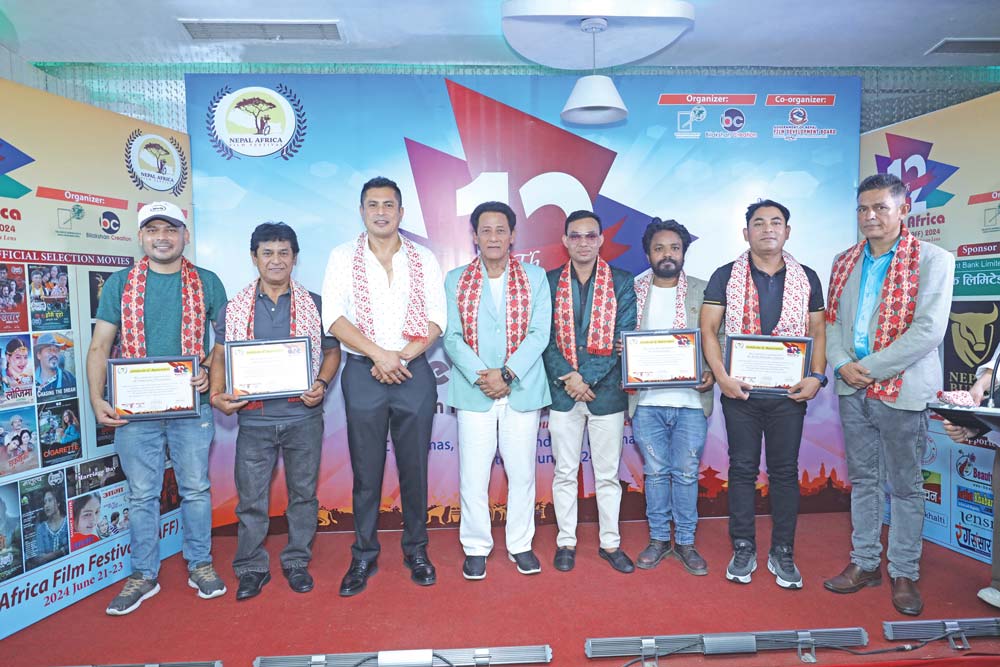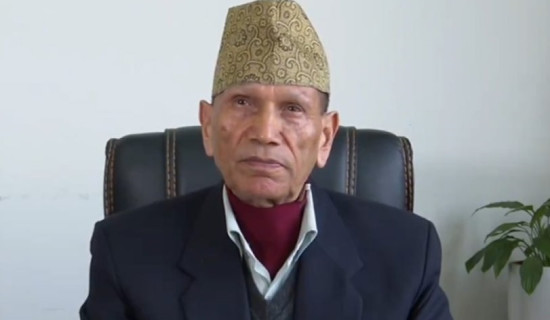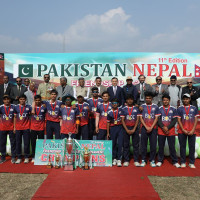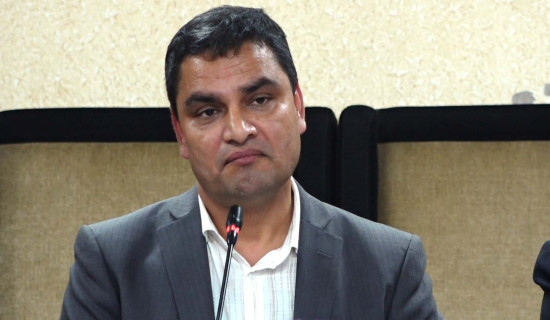- Monday, 16 February 2026
Nepal-Africa Film Festival kicks off
Kathmandu, June 22: The 12th edition of Nepal-Africa Film Festival kicked off at CDC Cinemas in Kathmandu on Friday.
The three-day festival, organised by the College of Journalism and Mass Communication and Bilakchhyan Creation, and co-organised by the Film Development Board, will conclude on June 23.
A total of 28 films, documentaries, and short films from 10 countries, including Nepal, are being screened during the festival, it was informed during the inauguration programme.
The festival has been organised for the past 13 years.
According to the organisers, the festival will feature eight African films from nine countries, including South Africa, Egypt, Tanzania, Turkey, Mozambique, Zimbabwe, Cameroon, Mauritius and Jamaica.
This year, eight African films from over four dozen African films and documentaries submitted from more than 15 countries were selected.
Additionally, seven Nepali and indigenous feature films and 10 short films from Nepal will be screened at the festival.
Out of 73 films, documentaries and short films from Nepal, 20 were selected for the festival by a judging team.
Nepali and Indigenous films including ‘Sorry Mom’, ‘Kandetaar’, ‘Gurkha Warrior’, ‘Sanakhat’, ‘Aaphnai Karma’, ‘Lojima’, and ‘Reet’ will be screened during the festival.
Dabbu Kshetri, the festival director, said that the festival began with the aim of connecting films from two continents, and they have now reached their 12th edition.
He said that they aim to bridge the gap between Nepali and African films through the festival.
Speaking at the inauguration of the festival, the chief guest of the festival, actor Shiva Shrestha said, “Such film festivals help connect us to international films and
their cultures.” He also urged stakeholders to help promote such film festivals.
In addition to film screenings, there will be special workshops and interactive programmes related to acting.
Kshetri also mentioned that the festival aimed to promote the cultures of Nepal and Africa by connecting Nepali and African films.














-original-thumb.jpg)
